Dmitry Yablonsky - The Best of Dmitry Yablonsky (2024)
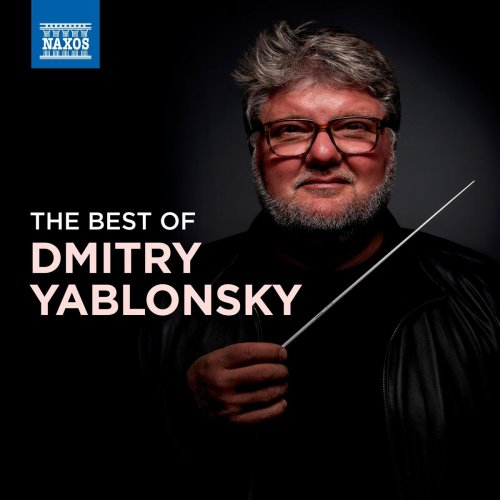
Artist: Dmitry Yablonsky
Title: The Best of Dmitry Yablonsky
Year Of Release: 2024
Label: Naxos
Genre: Classical
Quality: FLAC (tracks)
Total Time: 146:28 min
Total Size: 671 MB
WebSite: Album Preview
Tracklist:Title: The Best of Dmitry Yablonsky
Year Of Release: 2024
Label: Naxos
Genre: Classical
Quality: FLAC (tracks)
Total Time: 146:28 min
Total Size: 671 MB
WebSite: Album Preview
01. One Thousand and One Nights Suite (After F. Amirov): VII. Ali Baba & The Forty Thieves
02. 7 Beauties, Ballet Suite: I. Waltz
03. Moments of Memory II: No. 5, Autumn Serenade
04. Jazz Suite No. 2: VI. Waltz 2
05. Tantseval'naya syuita (Dance Suite): Lezghinka
06. Schwanensee, Op. 20: Introduction
07. Ivan Grozniy (Ivan the Terrible), Op. 116, Dance of the Oprichniks: Ivan the Terrible, Op. 116: Dance of the Oprichniks
08. Egyptian Nights, Op. 50: No. 11, Pas de deux
09. Piano Concerto after Arabian Themes: III. Allegro giusto
10. Dargakmeni, Op. 66: I. Amethysts (Lento)
11. Symphonic Suite, "India": III. Larghetto con moto (Spellbinding)
12. Ballet Suite No. 1: Dance (the Limpid Stream) [arr. L. Atovmyan for orchestra]
13. Symphony No. 3: III. Allegro
14. Don Kikhot (Don Quixote): II. Sancho, the Governor
15. Maskarad (Masquerade), Act III: Valse-Fantaisie
16. Sinfonietta: IV. Finale. Allegro assai
17. Piano Concerto No. 2 in G Major, Op. 44: III. Allegro con fuoco
18. Moto perpetuo, Op. 11, MS 72 (Version for violin and orchestra)
19. Cavalleria rusticana (Excerpts): Intermezzo
20. The Tsar's Bride: In Novgorod
21. 4 Mouvements Parodiques: I. Falla: Modéré
22. Hamlet Suite, Op. 116a: Story of Horatio and the Ghost
23. Piano Concerto No. 2 in G Minor, Op. 23: III. Allegro molto
24. Sinfonia Tapkaara: Adagio
25. Gaytagi (Version for piano and orchestra)
26. Concert Suite, Op. 28: V. Tarantella. Presto
27. Symphony No. 7, Op. 119: Movement II
28. Elegie, Op. 10, "Elegie sur la mort d'un objet cheri": Elegie sur la mort d'un objet cheri, Op. 10
29. Azerbaijan Capriccio
30. Piano Concerto No. 3 in A-Flat Major, "Kamikaze": II. Andante cantabile
31. Tahiti Trot, Op. 16 (After V. Youmans's "Tea for Two")
32. Symphony No. 2 in E Minor "The Bell": II. Allegro risoluto
Dmitry Yablonsky has gained international prominence both as a cellist and as a conductor. In the former capacity, he is also an enthusiastic chamber player.
Yablonsky was born in Moscow in 1962. His mother was concert pianist Oxana Yablonskaya, and his father, Albert Zayonts, principal oboist of the Moscow Radio and Television Orchestra. Yablonsky took up the cello at five and soon entered the gifted student program at Moscow's Central School of Music. By nine, he had begun performing in Moscow and around the Soviet Union. With some difficulty, and only after the intercession of Leonard Bernstein and actress Katharine Hepburn, Yablonsky and his mother emigrated to the U.S. in 1977. Yablonsky was accepted at the Juilliard School, studying with Lorne Munroe. In 1979, he performed at the Marlboro Music Festival in Vermont, where, among other famed musicians, he met Guarneri Quartet cellist David Soyer, who accepted him for classes at the Curtis Institute in Philadelphia. Yablonsky went on to Yale University, where he studied for four years with Aldo Parisot and also took some conducting classes with Otto-Werner Mueller.
Yablonsky began his career as a cellist, appearing at such major venues as the Louvre in Paris, Carnegie Hall in New York, and St. Petersburg Philharmonic Hall. When he was 26, he was performing at a festival in Camerino, Italy, and filled in as conductor on an emergency basis, leading a performance of Stravinsky's Octet even though he had never previously conducted professionally. Since then, although he has continued to perform and record as a cellist, the focus of his career has been on conducting. Yablonsky's recording career began in 1995 on the Marco Polo label, leading the Latvian National Symphony in an album of works by Jazeps Vitols. He then moved to Naxos, issuing albums with a variety of Russian and Eastern European orchestras.
As a guest conductor, Yablonsky has led European and Russian orchestras, including the Orchestre National d'Ile de France, the Israel Symphony, and the Royal Philharmonic, and from 2000 to 2004, he was the principal guest conductor of the Moscow Philharmonic. In 2008, he joined violinist Vadim Repin and pianist Boris Berezovsky for an Erato recording of trios by Tchaikovsky and Shostakovich; that album won multiple awards. Yablonsky conducted the Jerusalem Symphony for a time and, as of the early 2020s, holds the position of conductor laureate there. He organized the Gabala Festival in Azerbaijan and the Wandering Stars Festival, which is held in a different city each year. As of the early 2020s, Yablonsky was dividing his time between Ukraine, where he was music director of the Kyiv Virtuosi, and Israel, where he was teaching at the Buchmann-Mehta School of Music at Tel Aviv University. In 2021, he and the Kyiv Virtuosi backed Azer Zada on the album Italian Tenor Arias. By 2023, when he recorded the album Catalan Cello Works with pianist Laia Martín for the Naxos label, his recording catalog had grown to some 60 items, mainly on Naxos and mostly but not exclusively covering Russian and Eastern European repertory. ~ James Manheim
Yablonsky was born in Moscow in 1962. His mother was concert pianist Oxana Yablonskaya, and his father, Albert Zayonts, principal oboist of the Moscow Radio and Television Orchestra. Yablonsky took up the cello at five and soon entered the gifted student program at Moscow's Central School of Music. By nine, he had begun performing in Moscow and around the Soviet Union. With some difficulty, and only after the intercession of Leonard Bernstein and actress Katharine Hepburn, Yablonsky and his mother emigrated to the U.S. in 1977. Yablonsky was accepted at the Juilliard School, studying with Lorne Munroe. In 1979, he performed at the Marlboro Music Festival in Vermont, where, among other famed musicians, he met Guarneri Quartet cellist David Soyer, who accepted him for classes at the Curtis Institute in Philadelphia. Yablonsky went on to Yale University, where he studied for four years with Aldo Parisot and also took some conducting classes with Otto-Werner Mueller.
Yablonsky began his career as a cellist, appearing at such major venues as the Louvre in Paris, Carnegie Hall in New York, and St. Petersburg Philharmonic Hall. When he was 26, he was performing at a festival in Camerino, Italy, and filled in as conductor on an emergency basis, leading a performance of Stravinsky's Octet even though he had never previously conducted professionally. Since then, although he has continued to perform and record as a cellist, the focus of his career has been on conducting. Yablonsky's recording career began in 1995 on the Marco Polo label, leading the Latvian National Symphony in an album of works by Jazeps Vitols. He then moved to Naxos, issuing albums with a variety of Russian and Eastern European orchestras.
As a guest conductor, Yablonsky has led European and Russian orchestras, including the Orchestre National d'Ile de France, the Israel Symphony, and the Royal Philharmonic, and from 2000 to 2004, he was the principal guest conductor of the Moscow Philharmonic. In 2008, he joined violinist Vadim Repin and pianist Boris Berezovsky for an Erato recording of trios by Tchaikovsky and Shostakovich; that album won multiple awards. Yablonsky conducted the Jerusalem Symphony for a time and, as of the early 2020s, holds the position of conductor laureate there. He organized the Gabala Festival in Azerbaijan and the Wandering Stars Festival, which is held in a different city each year. As of the early 2020s, Yablonsky was dividing his time between Ukraine, where he was music director of the Kyiv Virtuosi, and Israel, where he was teaching at the Buchmann-Mehta School of Music at Tel Aviv University. In 2021, he and the Kyiv Virtuosi backed Azer Zada on the album Italian Tenor Arias. By 2023, when he recorded the album Catalan Cello Works with pianist Laia Martín for the Naxos label, his recording catalog had grown to some 60 items, mainly on Naxos and mostly but not exclusively covering Russian and Eastern European repertory. ~ James Manheim
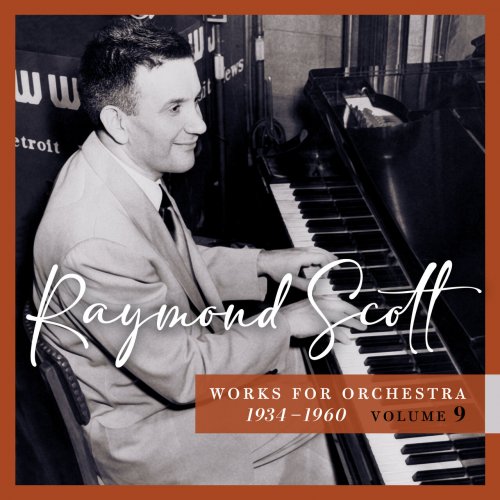
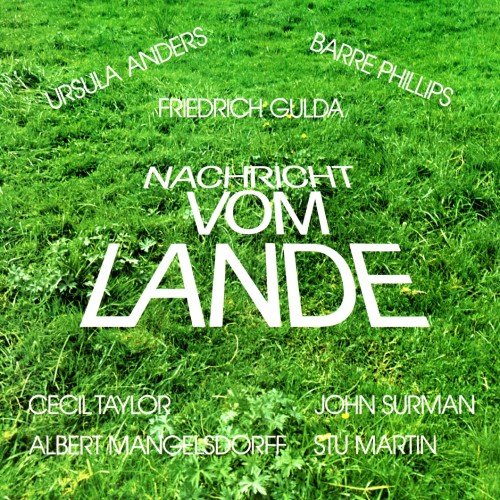
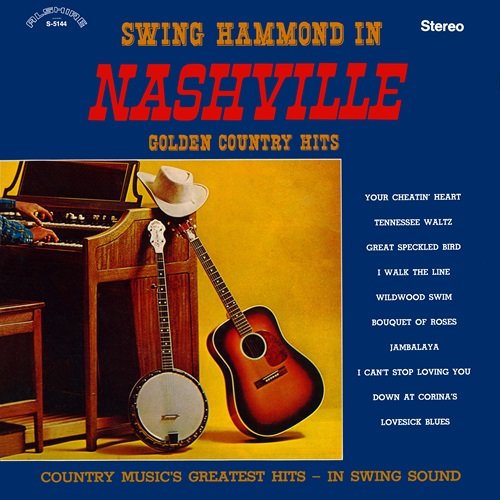
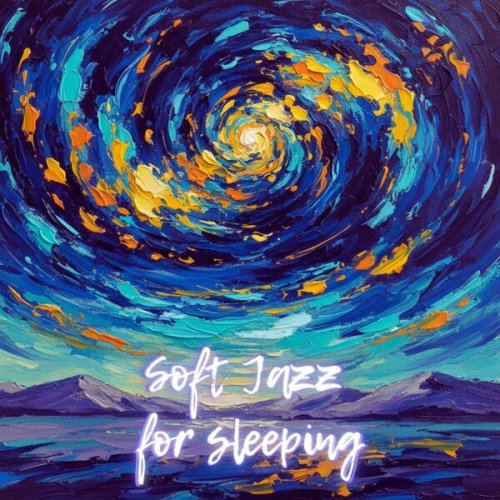
![Manny Albam and His Jazz Greats - Play Music from West Side Story (Remastered Edition) (2025) [Hi-Res] Manny Albam and His Jazz Greats - Play Music from West Side Story (Remastered Edition) (2025) [Hi-Res]](https://www.dibpic.com/uploads/posts/2026-01/1767257208_maws500.jpg)
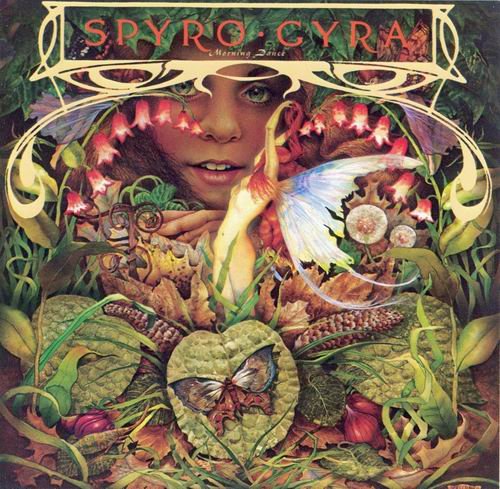
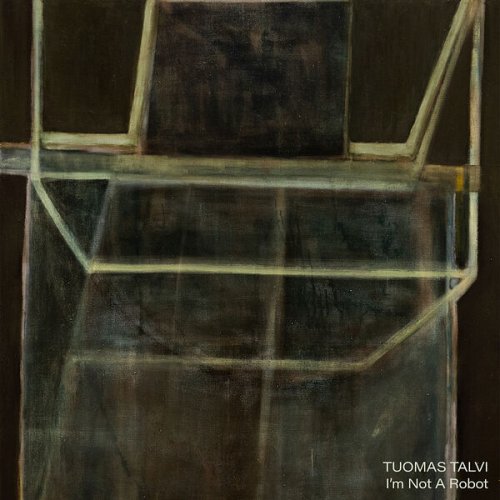
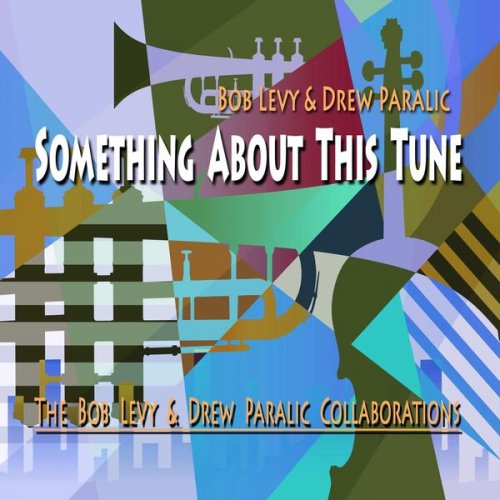
![Toc - Quelques idées d’un vert incolore dorment furieusement (2025) [Hi-Res] Toc - Quelques idées d’un vert incolore dorment furieusement (2025) [Hi-Res]](https://img.israbox.com/img/2026-01/03/2p7a6y1mdz29most6p7irqo6y.jpg)